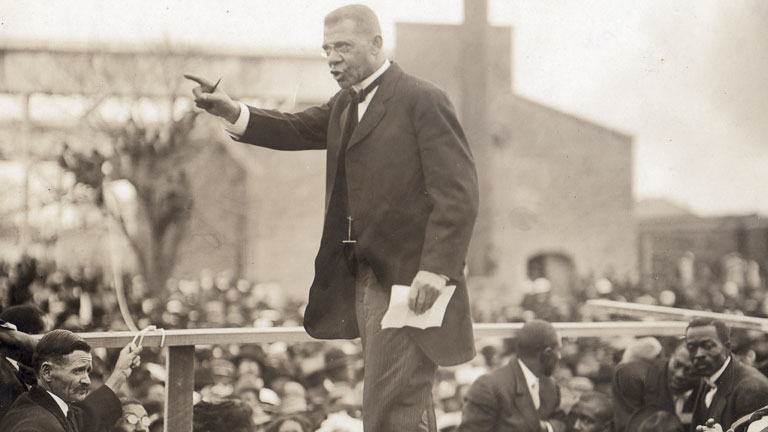Why Nobody Wants to Go to Church Anymore…
Why Nobody Wants to Go to Church Anymore… and how 4 acts of love will make your church irresistible
The above book, written by Thom and Joani Schultz was one that I had purchased and read months ago. It was sitting on the top of a stack of books on the edge of my home library bookcase, (because I have long ago run out of actual shelf space.) I had read the book quickly and eagerly, thinking, “I really need to do something with this great information.” –But then I had gotten caught up in the weekly and daily cycle of regular church work; and the book and it’s great perspectives just sat there on my shelf like a rose bush waiting to be planted in my garden.
But when my plans for continuing education got changed, I looked around for other options and found The Future of the Church Conference in Loveland, CO. I was delighted to see that Dr. Leonard Sweet was going to be there, and the conference itself was going to be hosted by Thom and Joani Schultz at GROUP publishing. There was even an optional preconference three hour session about the Why Nobody Wants to Go to Church book. I eagerly made my arrangements and flew off to Colorado.
While there, I was reminded of many important things in the book. Every year about 4000 churches are closing. Across the country, church attendance and giving is falling. Church buildings are being put up for sale in record numbers. When Thom and Joanie recognized that the institutional church is in a crisis, they went out and did some research. The question they asked people is one that is extremely important. “Why don’t you go to church anymore?”
#1 Reason) “I feel judged.” According to the studies done by Lyons and Kinnaman, 87 percent of Americans label Christians as judgmental. 91 percent label Christians as anti-homosexuals. With so many people either having friends or family members who are openly GLTB, even the commonly used Christian phrase of, “Love the sinner, hate the sin” was considered extremely offensive and a way for Christians to practice their, “Holy Hate” judgment of others.
#2 Reason) “I don’t want to be lectured.” The younger generations especially are sensitive to this. Raised in an educational system where they would discuss issues and work in groups to learn and solve problems, the old school lecture model where you sit and passively listen to the teacher or preacher is extremely foreign and uncomfortable to them. Unless the message is a story on a screen with special effects and a soundtrack, the culture has switched to a method of learning that is participatory and open to comments, questions and feedback.
#3 Reason) “Church people are a bunch of hypocrites.” 85 percent of Americans agree. They believe that the church has an impossible standard of perfect behavior, one that even leader after Christian leader fails to meet. Instead of people being open and honest at church about their struggles, everyone who goes to church puts on their best face when they walk through the doors. Instead of being a place where people can be open and honest about life, the perception is that church is instead a place where everyone pretends that everything is wonderful. The icing of false happiness that drips off church people is toxic to the un-churched. They see right through it and want absolutely nothing to do with it.
#4 Reason) “I don’t experience God in Church.” It is sad, but according to the Barna group only 44 percent of people say that they experience God in church. While the church staff and members spend most of our time, energy and resources creating and putting on worship services, they are more often than not working to connect people to God. Perhaps it is because we put so much emphasis on learning about God with our minds, or perhaps it is because it is so easy for the service to veer off the track and to become either painfully bad quality or just an entertaining human performance. But church services are frequently coming up empty when people report finding God there.
Thom and Joanie then went on to discuss four ways that the church can try to address these very real and valid concerns. They call these for ways of being, “Acts of Love.”
#1 Act of Love) Radical Hospitality. Jesus was the best at this. He was constantly going to and hanging out with the worst sinners he could find. Prostitutes, tax collectors, the blind, the lame, the untouchables –these were the people that he sought out and ate with and talked to. Unlike our churches where only respectable people go, I suspect that if Jesus was here today, he wouldn’t often be in church, but he would be in the bars, the strip clubs, the coffee shops, and the party scene. And everywhere he went, he would treat people like they were important and beloved children of God.
#2) Fearless Conversation. We really can’t show the love of Christ to someone unless we know who they are and what they are going through. We can’t help them understand something unless we know what their questions are. And we can’t grow ourselves if we are not honest with ourselves and with our own doubts and questions. It is a proven fact that more spiritual growth occurs with active participation than with passive listening. The conversations that we have at church need to go much deeper than, “How are you?” –“Doing fine.” We need to open our hearts to each other and show each other God’s love and care.
#3) Genuine Humility. Jesus, while he was the God of the universe, came and served the needs of the common ordinary people. The key word here is served. We are truly to love others, to work together to serve others without being selfish. We have to stop trying to impress others with how perfect we are and with how well we have it “all together”. We have to think of others as being more important than ourselves. We must be open to listening and learning from others, no matter who they are. We have to admit our mistakes and faults and struggles. We have to be the broken humans that we actually are for a change rather than pretending to be holier than thou Christians.
#4) Divine Anticipation. What is God doing in your life? How is God speaking to you? Are you open to the presence of God in your daily life or are you too busy with your chores, deadlines, bills and facebook to even pause to listen for what God may be saying? God is everywhere and speaks to us through the Holy Spirit in a still small voice. Our job is often to simply shut up and quiet our constant inner critic and listen to God for a change. We need to make opportunities for silence, for us to simply rest in the presence of God and to feel loved. We need to be spiritually open and aware of the God sightings that happen in our life, and to be willing to share them with other believers at church. God is not done with us yet, but so often we are busy acting as if though we have already arrived; that there is no room for God to do more spiritual work on us.
In conclusion, there is much work to be done in the church, but not all of it is what you think it is. Our huge efforts to keep everything running the same as it ever was, is the best way for the institutional church to keep on its current trajectory of decline and irrelevance. Our best way forward is to get real about who we really are and to begin to truly care for the most hurt and broken people we know. With radical hospitality, fearless conversations, genuine humility and being attentive to the Spirit of God; we can become a church that bears good fruit of love that has eternal value. Are you willing to give it a try with me?


